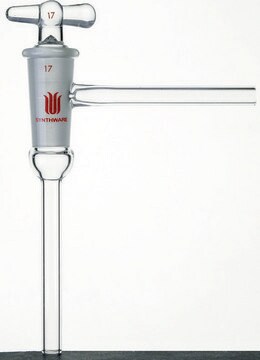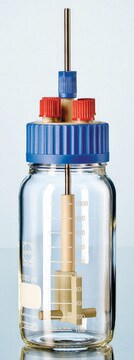A673
NOTE: Both the cell line and DNA from the cell line may be available for this product. Please choose -1VL or VIAL for cells, or -DNA-5UG for DNA, 85111504, human muscle, Epithelial-like
About This Item
Productos recomendados
biological source
human muscle
packaging
tube of 5 μg 85111504-DNA-5UG
pkg of vial of cells 85111504-1VL
growth mode
Adherent
karyotype
Near Diploid
morphology
Epithelial-like
products
Transforming growth factor (Tramnsforming Growth Factor (TGF)) - ß
receptors
Not specified
technique(s)
cell culture | mammalian: suitable
relevant disease(s)
cancer
shipped in
dry ice
storage temp.
−196°C
Cell Line Origin
Cell Line Description
The cell line A673 was originally described in 1973 as derived from a rhabdomyosarcoma, however, more recent analysis of the cells using advanced diagnostic techniques determined the cells to have characteristics of Ewing sarcoma rather than rhabdomyosarcoma. See citations for more information about this tumour status.
Application
DNA Profile
CSF1PO: 11,12
D13S317: 8,13
D16S539: 11
D5S818: 11,12
D7S820: 10,12
THO1: 9.3
TPOX: 8
vWA: 15,18
Culture Medium
Subculture Routine
Other Notes
Elija entre una de las versiones más recientes:
Certificados de análisis (COA)
It looks like we've run into a problem, but you can still download Certificates of Analysis from our Documentos section.
Si necesita más asistencia, póngase en contacto con Atención al cliente
¿Ya tiene este producto?
Encuentre la documentación para los productos que ha comprado recientemente en la Biblioteca de documentos.
Nuestro equipo de científicos tiene experiencia en todas las áreas de investigación: Ciencias de la vida, Ciencia de los materiales, Síntesis química, Cromatografía, Analítica y muchas otras.
Póngase en contacto con el Servicio técnico



